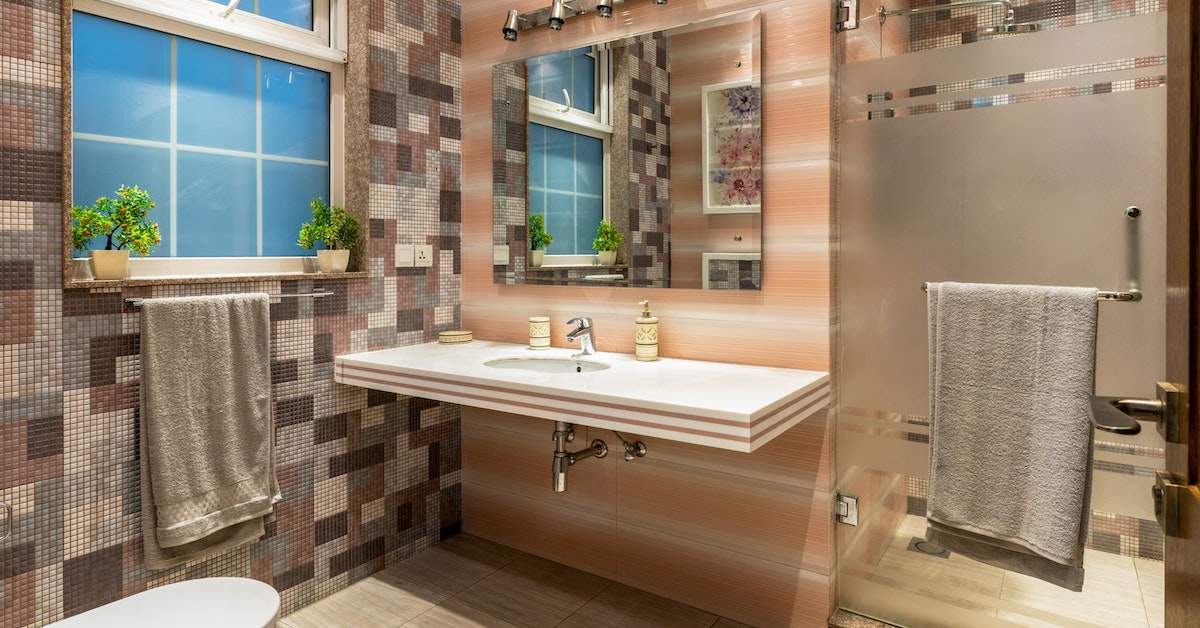In recent years, the housing market has witnessed a remarkable surge in the popularity of prefab homes. These innovative housing solutions have captivated the attention of homebuyers in real estate industry, offering a blend of cost-efficiency, sustainability, and modern design that aligns with the evolving demands of today’s homeowners.
Modular Home vs. Mobile Home
Amidst this prefab housing boom, the distinction between modular and mobile homes remains a common source of confusion. Many prospective buyers find themselves entangled in the labyrinth of terminology, unsure about the fundamental disparities that set these two housing options apart. In this blog post, we journeyed to demystify this perplexity and shed light on the critical differences between modular and mobile homes.
Our primary aim is to empower the reader with the knowledge to make informed decisions when considering these distinct housing alternatives. By the end of this exploration, you will have a comprehensive understanding of modular and mobile homes, enabling you to navigate the path towards your ideal home confidently. Let’s embark on this enlightening journey together.
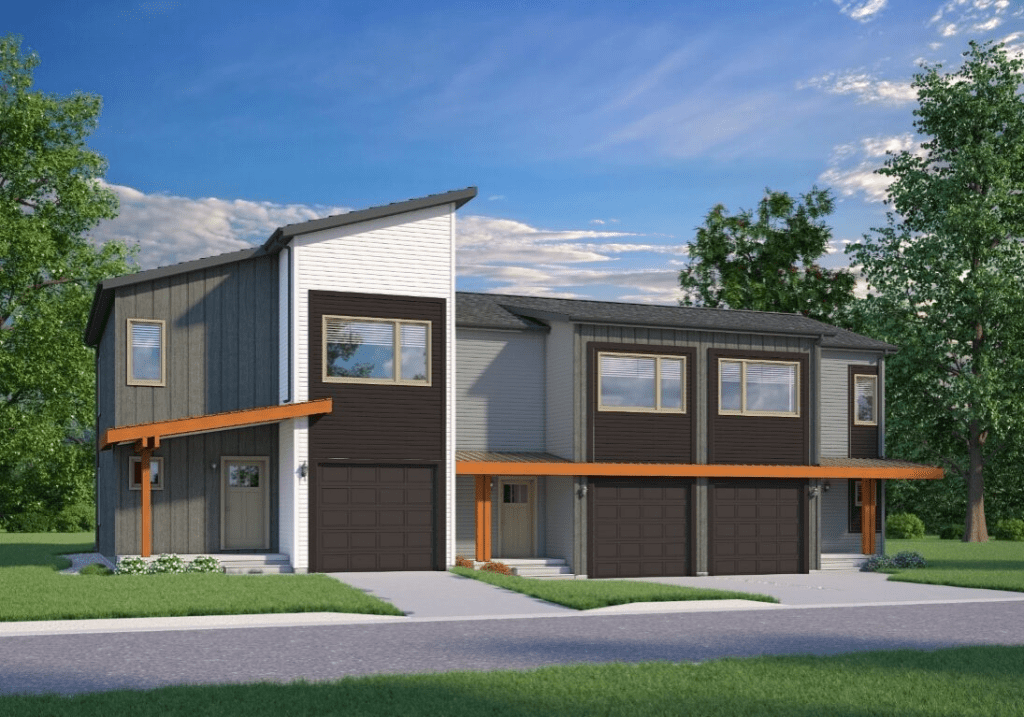
Mobile Homes: A Historical Perspective and Contemporary Realities
Mobile homes, with their humble beginnings, offer a fascinating glimpse into the evolution of housing. These homes emerged during the early 20th century primarily as a solution for temporary housing needs. They were designed with portability, resembling what we now recognize as travel trailers. These early mobile homes were used predominantly by individuals seeking transient accommodation, reflecting a stark contrast from their contemporary counterparts.
The trajectory of mobile homes took a significant turn with the advent of federal regulations that would eventually redefine the industry. In 1976, the Housing and Urban Development (HUD) Code began, ushering in a new era for these homes. This code laid down comprehensive standards governing the construction and safety of these dwellings, effectively transforming them into what we now refer to as manufactured homes. The impact of this pivotal moment was profound, reshaping the industry and paving the way for the creation of safer, aesthetically pleasing, and energy-efficient homes.
Today’s manufactured homes bear little resemblance to their earlier counterparts. These dwellings have transformed remarkably, emerging as spacious, well-crafted, and energy-efficient residences. Their construction occurs in advanced climate-controlled factories, ensuring precision and quality control at every step.
- Quality Assurance: Manufactured homes adhere to stringent construction standards, guaranteeing high craftsmanship. Modern manufacturing processes employ cutting-edge technology to create structurally sound and visually appealing homes.
- Safety Measures: Safety is paramount in modern manufactured homes. These dwellings are constructed to meet or exceed safety regulations, encompassing fire resistance, structural integrity, and electrical systems. This focus on safety provides homeowners with peace of mind.
- Energy Efficiency: Manufactured homes are designed with energy efficiency in mind. Features like energy-efficient windows, insulation, and climate control systems help homeowners reduce their environmental footprint and save on energy bills.
- Foundation Options: One distinguishing feature of manufactured homes is their flexibility regarding foundations. Homeowners can choose between permanent foundations, crawl spaces, or basements, depending on their preferences and location.
- Advantages and Considerations: For homeowners, manufactured homes offer numerous benefits, including affordability, quality construction, and the potential for appreciation in value. However, considerations such as location and local zoning regulations should also be taken into account.
The journey from early mobile homes to modern manufactured homes is a testament to innovation and progress within the housing industry. These homes have evolved to provide comfortable, safe, and energy-efficient living spaces for various homeowners.
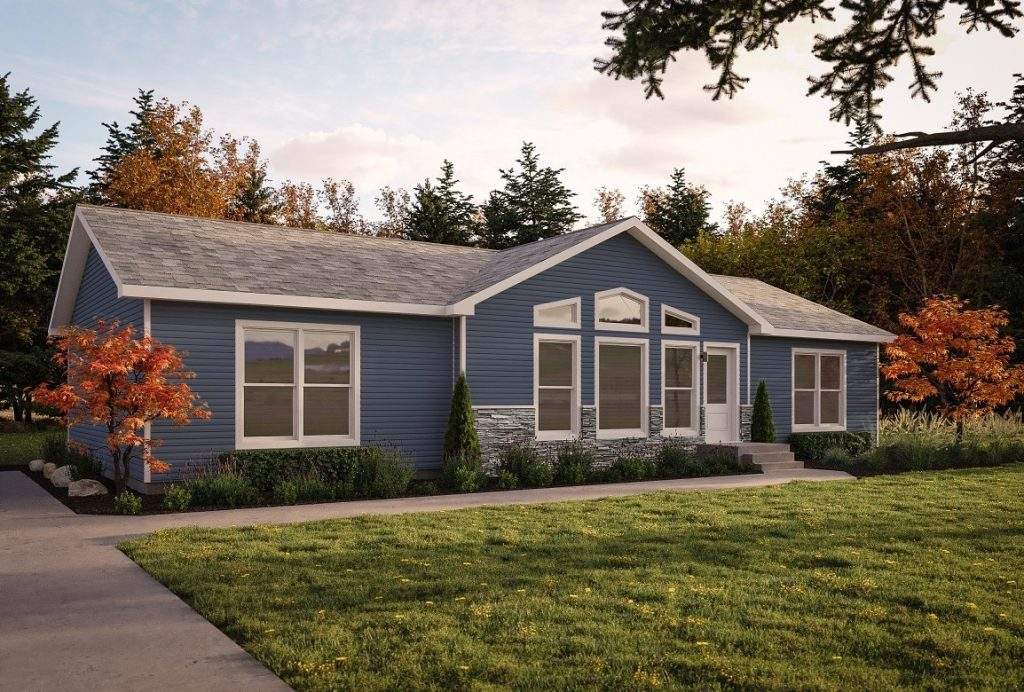
Modular Homes: A Contemporary Approach to Home Building
Modular homes represent a modern approach to home construction. Unlike traditional site-built homes, modular homes are created within factory settings, where each component is meticulously crafted and assembled.
- Factory-Based Construction: Modular homes are built in climate-controlled factories, ensuring precise construction and quality control. Skilled workers follow a systematic assembly line process, producing well-constructed, consistent, durable homes.
- Compliance with State and Local Building Codes: Modular homes are designed and built in accordance with state and local building codes, ensuring that they meet the same stringent standards as traditional site-built homes. This adherence to codes guarantees structural integrity, safety, and overall quality.
Key Distinctions Setting Modular Homes Apart
Modular homes stand apart from their mobile and manufactured counterparts in several significant ways.
- Building Codes and Regulations: Unlike manufactured homes, which adhere to the federal HUD Code, modular homes are constructed to comply with state and local building codes. This distinction means that modular homes must meet specific requirements dictated by the region where they will be installed.
- Customization Options: Modular homes offer a high degree of customization, allowing homeowners to personalize their residences considerably. From floor plans and architectural styles to interior finishes and exterior materials, the possibilities for customization are vast.
- Foundation and Relocation Possibilities: Once assembled on-site, modular homes become permanent structures affixed to a foundation. Unlike manufactured homes, which can sometimes be relocated, modular homes are designed to remain in place. This stability offers homeowners the benefits of traditional homeownership.
The Advantages of Choosing Modular Homes
Opting for a modular home comes with many advantages that cater to the needs and preferences of discerning homeowners.
- Quality Control and Precision: Modular construction employs rigorous quality control measures, ensuring each home component is crafted to exacting standards. This precision results in a home of superior quality, built to last.
- Energy Efficiency and Sustainability: Modular homes are designed with energy efficiency in mind. They often incorporate energy-efficient windows, insulation, and heating systems, reducing energy consumption and environmental impact.
- Investment Potential: Modular homes, like traditional site-built homes, have the potential to appreciate over time. Their adherence to local building codes and high-quality construction make them attractive investments for homeowners looking to secure their financial future.
Modular homes represent a contemporary and customizable approach to homeownership. With stringent adherence to building codes, a focus on quality, and the potential for long-term investment, modular homes offer a compelling alternative to both mobile and manufactured housing.
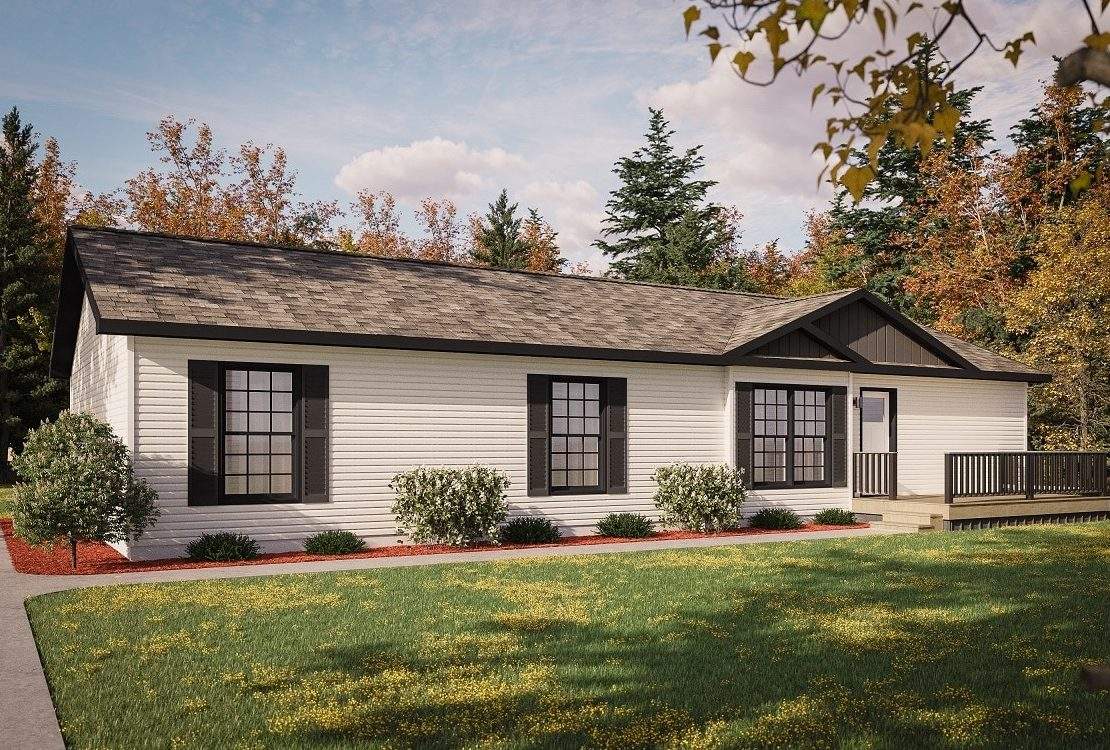
Factory-Built Homes: Unveiling Their Unique Advantages
Factory-built homes present a compelling value proposition that resonates with modern homebuyers. This value extends beyond cost considerations and encompasses a range of benefits that make them an attractive choice.
1. Economies of Scale and Cost-Efficiency
One of the primary drivers of factory-built home affordability is the concept of economies of scale. Mass production within controlled factory environments leads to significant cost savings compared to traditional site-built construction.
- Bulk Purchasing: Materials and components are procured in large quantities, resulting in lower material costs.
- Labor Efficiency: Skilled workers follow streamlined assembly line processes, maximizing labor efficiency and minimizing construction time.
- Weather Independence: Factory-based construction eliminates weather-related delays, reducing project costs and ensuring on-time completion.
2. Climate-controlled construction and Quality Assurance
Factory-built homes are crafted in climate-controlled facilities, a feature that elevates their construction quality and overall durability.
- Precise Conditions: Controlled environments minimize the risk of material damage and ensure consistent construction quality.
- Stringent Quality Control: Rigorous quality control measures are implemented at every production stage, preventing defects and ensuring a high-quality end product.
- Craftsmanship Consistency: Skilled artisans work under ideal conditions, ensuring uniform construction quality across all homes.
3. Sustainability and Eco-Friendly Features
Factory-built homes are increasingly recognized for their sustainability and eco-friendly attributes, aligning with the growing global focus on environmental responsibility.
- Reduced Material Waste: Precise material planning and utilization minimize waste, reducing the environmental impact.
- Energy Efficiency: Many factory-built homes incorporate energy-efficient features such as insulation, windows, and HVAC systems, leading to reduced energy consumption and lower utility bills.
- Sustainable Materials: Manufacturers often prioritize using sustainable materials, contributing to a reduced carbon footprint.
- Modular Components: Factory-built homes often utilize modular components that can be recycled or repurposed, promoting sustainability throughout their lifecycle.
The unique advantages of factory-built homes encompass cost-efficiency, quality assurance, sustainability, and eco-friendly features. These attributes collectively position factory-built homes as a modern, value-driven, and environmentally responsible choice for homeowners seeking affordability without compromising quality.
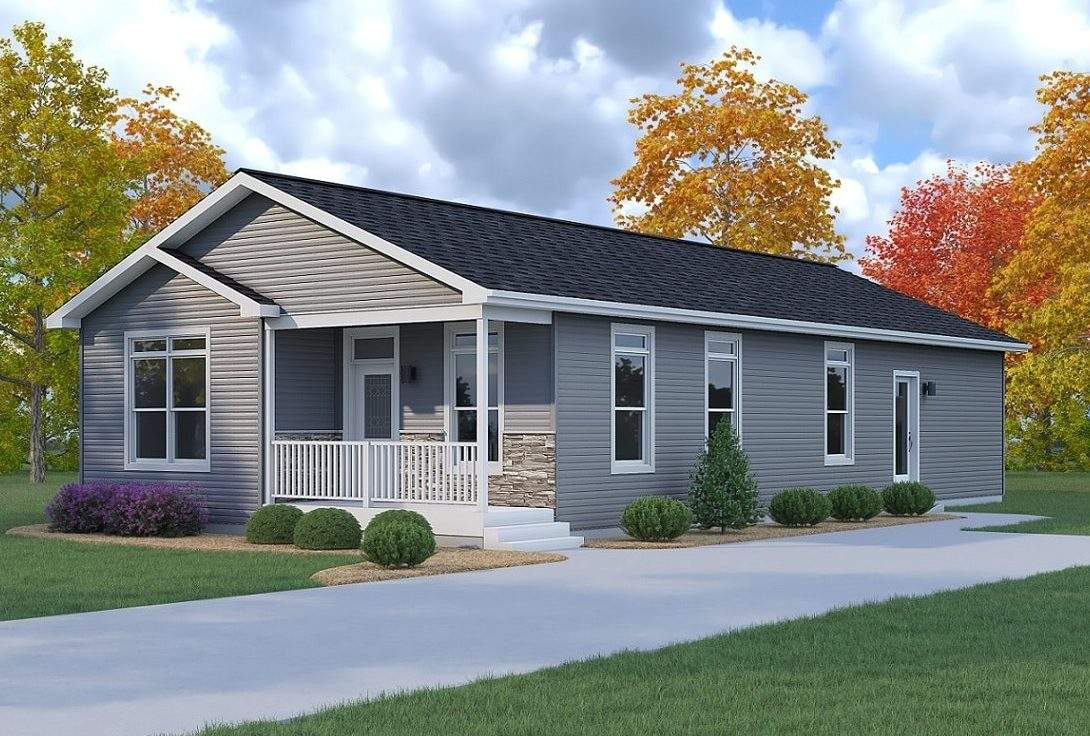
Conclusion
In closing, it’s imperative to reiterate the fundamental differences that set modular and mobile homes apart. Understanding these distinctions is pivotal for anyone embarking on the journey of homeownership.
- Modular homes, constructed in climate-controlled factories, adhere to local building codes and offer extensive customization options, making them permanent and personalized housing solutions.
- In contrast, mobile homes, with their historical roots as temporary housing, have evolved into modern manufactured homes, complying with the federal HUD Code. They prioritize safety, quality, and energy efficiency and offer foundation flexibility but sometimes remain subject to mobility.
The path to homeownership is a significant milestone, and it deserves to be guided by knowledge and clarity. By navigating the complexities of prefab housing and comprehending the nuances between modular and mobile homes, prospective buyers can make well-informed decisions that align with their unique needs and preferences.
Whether it’s the desire for a permanent, customizable modular home or the affordability and quality assurance offered by modern manufactured homes, this understanding equips individuals with the tools they need to embark confidently on their homeownership journey.
As we bid farewell, we encourage all those pursuing homeownership to explore the world of prefab housing further. These innovative solutions offer affordability, quality, sustainability, and customization. You can discover the perfect fit for your dream home by considering the diverse prefab housing options.
Embrace the possibilities of prefab housing, where affordability and quality converge, and embark on a journey toward a future that promises comfortable, well-constructed, and personalized living spaces. Your dream home awaits; it may just be a factory-built gem waiting to be uncovered.
In the realm of prefab homes, informed decisions lead to exceptional living. Begin your journey today and unlock the doors to a brighter, more affordable, and environmentally conscious future in prefab housing.
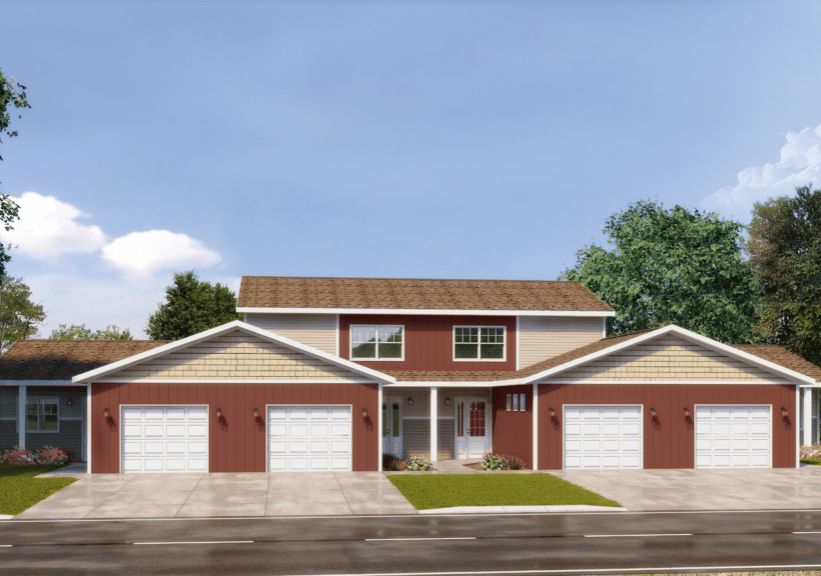
Ready to experience modular living? Contact Baca Grande System Built, LLC now to turn your dream home into reality.
Contact Details: Address: 3655 Mountain View Blvd., Angel Fire, NM 87710 Mailing Address: PO Box 401585, Las Vegas, NV 89140 Phone: 702-376-7068
Start your journey to modular homeownership today!
